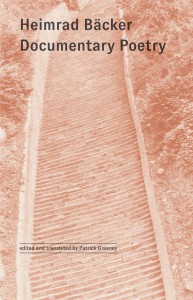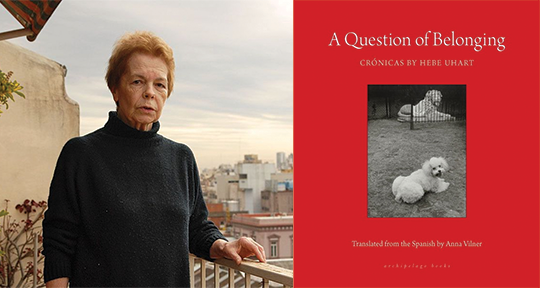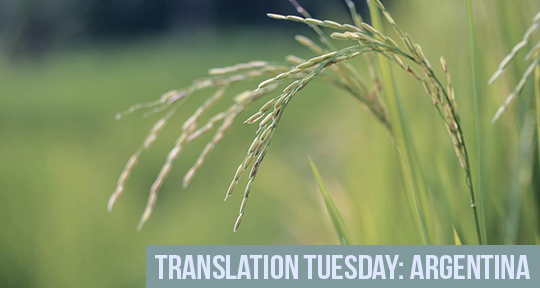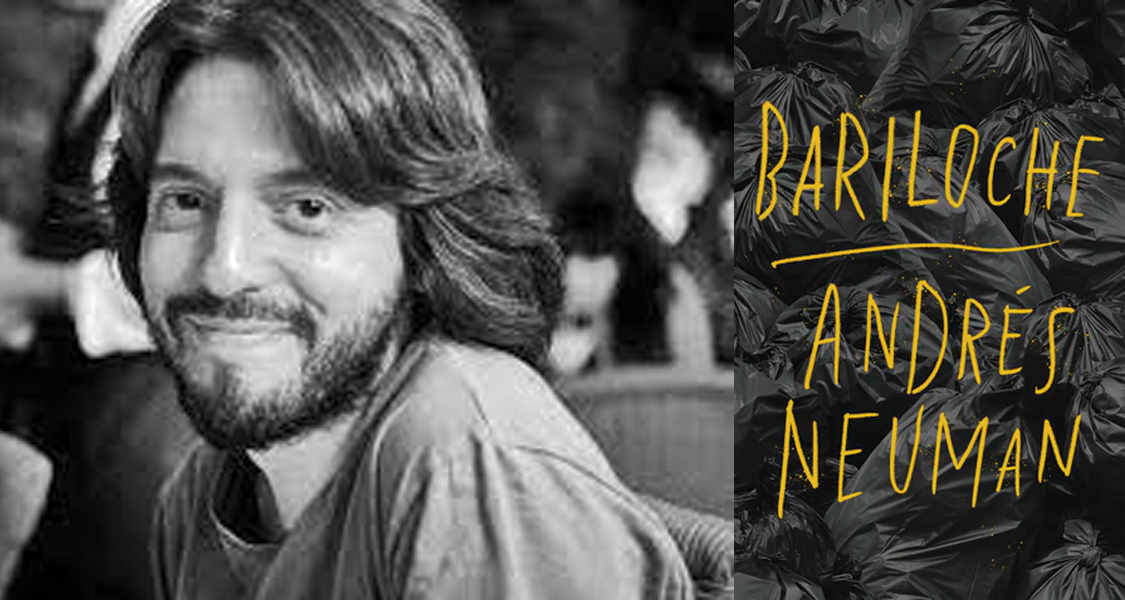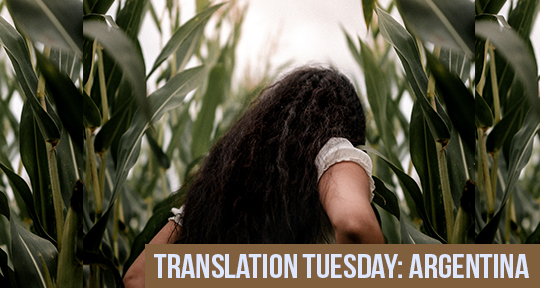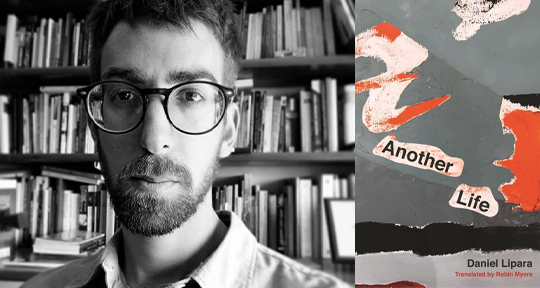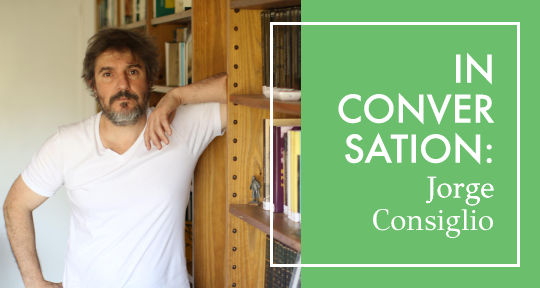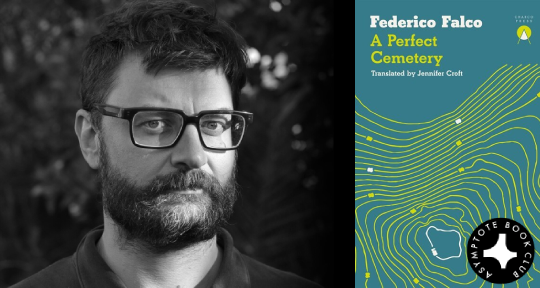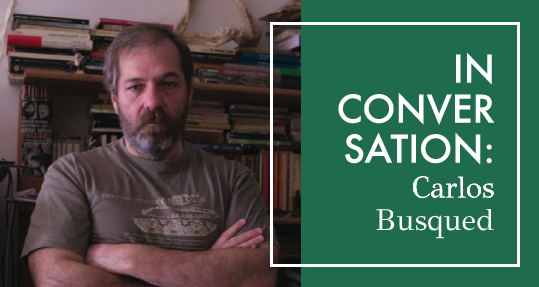In this month’s review of newly released titles, we’re looking at works from Denmark, Mexico, Palestine, Spain, Argentina, Japan, France, and Taiwan. From a haunting volume of ecopoetics to the first book in an acclaimed metaphysical septology, from powerful anticolonial verses to a meditation on the art of translating, read on for some of the best work being released now in English!
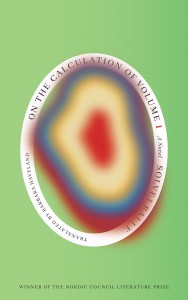
On the Calculation of Volume (Book I) by Solvej Balle, translated from the Danish by Barbara J. Haveland, New Directions, 2024
Review by Rachel Stanyon
After an unremarkable day spent on a business trip in Paris, Tara Selter is enjoying breakfast in her hotel when it strikes her that it is yesterday again. In the first book of Solvej Balle’s seven-part On The Calculation of Volume, Tara’s eighteenth of November begins repeating itself.
What possibilities exist upon the dawning of an old day? Are there wrongs to right, missed opportunities to seize, risks to take or temper? Balle’s heroine does not seem to perceive any such problems or desires; she likes her fairly routine job as an antiquarian book dealer, and works alongside her husband, Thomas, whom she loves. She does not seem to want for nor regret anything, and has blind faith in Thomas, who believes her when she tells him about her repeating days (at least the first umpteen times).
So why has her time “fallen apart”, and what can be gleaned from observing this procession of almost identical days—slowly, meticulously, rhythmically—through the diary Tara keeps? (In this version of eternal return, some of Tara’s physical imprints on the world remain indelible.) Book I details a year (the first of many?) spent haunting the all-too familiar patterns of her husband, all the while lost in loneliness and musing on the volume of her existence. Is she an all-consuming “beast, a pest” or a “tiny monster in an immense space”? READ MORE…



